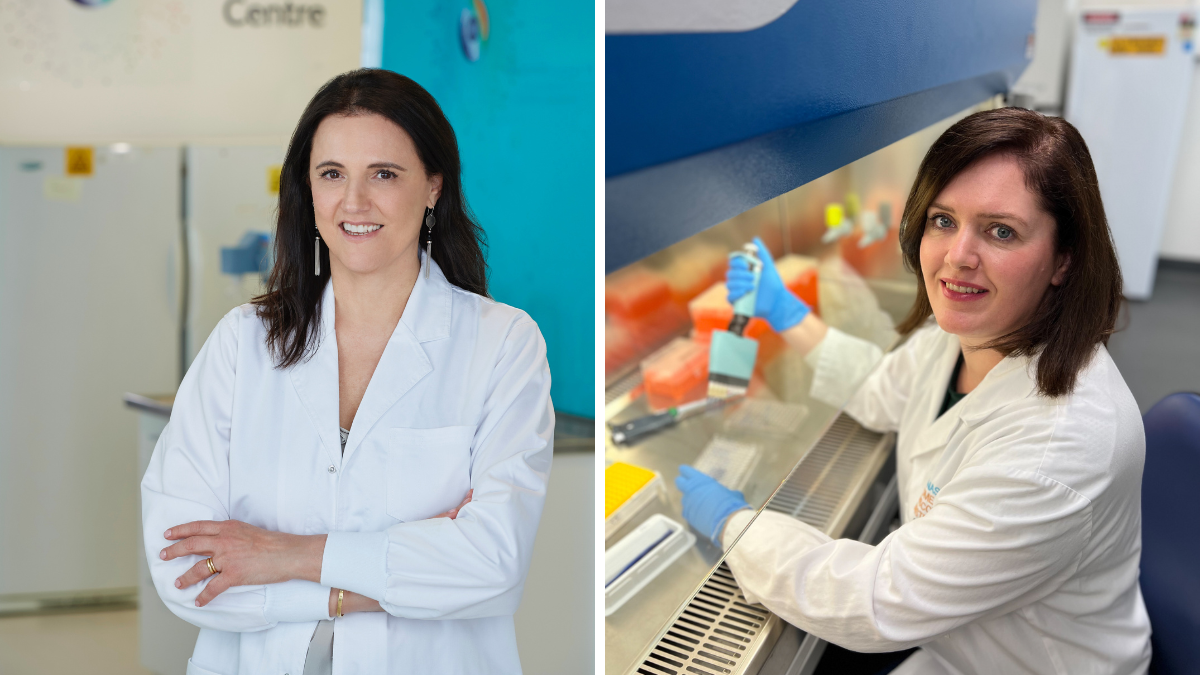The discovery of a previously unknown role of “natural killer” (NK) immune cells by Melbourne researchers has increased the current understanding of how the immune system is controlled to prevent disease.
 Professor Mariapia Degli-Esposti and Dr Iona Schuster. Image Credit: Monash University
Professor Mariapia Degli-Esposti and Dr Iona Schuster. Image Credit: Monash University
The study, led by Monash University, discovered a new type of immune cell known as tissue-resident memory natural killer (NKRM) cells. NKRM cells inhibited immune responses in tissues and avoided autoimmunity, a condition in which the immune system mistakenly assaults the body’s own tissues or organs.
Even though more research is needed, the discovery might eventually be utilized to treat autoimmune disorders like Sjogren’s Syndrome and even chronic inflammatory conditions.
The preclinical research, published in Immunity, was coordinated by senior author Professor Mariapia Degli-Esposti and first author Dr Iona Schuster from the Monash Biomedicine Discovery Institute (BDI), in close cooperation with the Lions Eye Institute.
NK cells were originally assumed to be short-lived cells that circulated in the blood with the sole purpose of recognizing and rapidly destroying virally infected or damaged cells.
Previous research by the team revealed that the role of NK cells is significantly more complicated, and the current work indicates for the first time that NKRM, a subset of NK cells, is crucial in regulating immune responses in tissues.
This is key to preserving tissue function and preventing autoimmunity from developing. While long-lived tissue resident memory T cells (TRM) have been described, the primary known function of these cells is to protect the host against reinfection. Our discovery of tissue-resident memory natural killer (NKRM) cells establishes that the function of some memory cells that live in tissues is to protect from excessive inflammation rather than protect against recurring infection.”
Dr Iona Schuster, Study First Author and Research Fellow, Microbiology, Monash Biomedicine Discovery Institute, Monash University
The discoveries, according to Professor Degli-Esposti, BDI Head of Experimental and Viral Immunology, have vastly improved the fundamental understanding of how the immune system is controlled to prevent disease.
One of the main obstacles in cancer immunotherapy is the development of immune related adverse events, which include the development or flare-up of autoimmune complications. These events are due to ‘super’ or ‘uncontrolled’ activation of the immune system as a result of the brakes being removed by the therapeutic strategy.”
Mariapia Degli-Esposti, Study Senior Author and Professor, Research, Microbiology, Monash University
Degli-Esposti added, “Furthermore, many therapies cause collateral damage to tissues where tumors are localized. Thus, NKRM may be an adjunct or follow-up therapy to restore immune balance and bring back tissue health.”
Source:
Journal reference:
Schuster, I. S., et al. (2023). Infection induces tissue-resident memory NK cells that safeguard tissue health. Immunity. doi.org/10.1016/j.immuni.2023.01.016